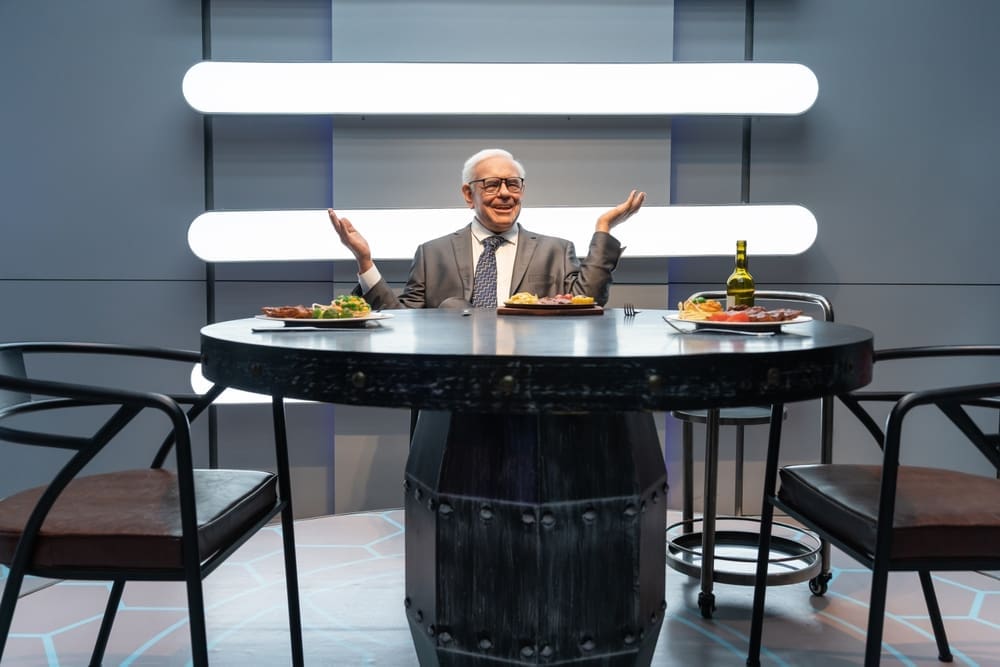Over the weekend, Warren Buffett, CEO of Berkshire Hathaway, adopted a notably cautious financial stance that has left many puzzled.
At 94 years old, Buffett continues to be a towering figure in the investment world, renowned for his strategic stock purchases. Yet, his latest actions diverged from his historical patterns. In the recent quarter, he increased Berkshire Hathaway’s substantial cash reserves to a record $334 billion, raising eyebrows given his reputation for savvy stock investments.
Buffett’s actions, detailed in his 2024 annual letter, reveal a strong commitment to equities despite maintaining an unusually large cash position. He assured shareholders that ‘the great majority of your money remains in equities,’ signaling that his preference would not shift. However, the lack of an explicit rationale for this defensive posture has left analysts and shareholders seeking answers.
In recent years, Buffett expressed frustration over an overpriced market with limited opportunities for advantageous purchases. This sentiment seems to underscore his recent stock sales and growing cash reserves. Despite reducing stock holdings significantly, including over $134 billion worth of shares in top companies like Apple and Bank of America in 2024, Buffett asserted that Berkshire’s priority would remain rooted in owning equity assets over cash-equivalent ones.
Nevertheless, Berkshire’s recent net sale of equities for the ninth consecutive quarter suggests a strategic repositioning. This shift has fueled speculation about potential preparatory moves for Greg Abel, Buffett’s appointed successor, who would eventually oversee all investment decisions at Berkshire Hathaway.
Buffett’s comments subtly hinted at concerns regarding stock valuations. He remarked, ‘Often, nothing looks compelling; very infrequently, we find ourselves knee-deep in opportunities.’ However, he endorsed Abel’s capability in identifying valuable investments, likening him to the late Charlie Munger, a significant figure in the company.
Interestingly, Buffett intends to allocate some capital toward increasing Berkshire’s stakes in five Japanese trading houses, a step he began nearly six years ago. This marks a rare area where he plans to deploy cash amidst his cautious approach.
The current scenario has not deterred Berkshire’s performance. Its shares climbed 25% and 16% in the previous two years and have continued to rise by 5% this year. However, recent economic slowdowns and policy changes under President Donald Trump have added layers of complexity to the already volatile market environment.
Warren Buffett’s reserved financial strategy reflects a blend of market caution and readiness for future opportunities. While his intentions remain partly undisclosed, his focus on maintaining substantial equity investments underscores his enduring belief in the resilience of these assets. Shareholders and analysts alike are left to ponder the implications of his choices, especially regarding Berkshire Hathaway’s future under new leadership.








